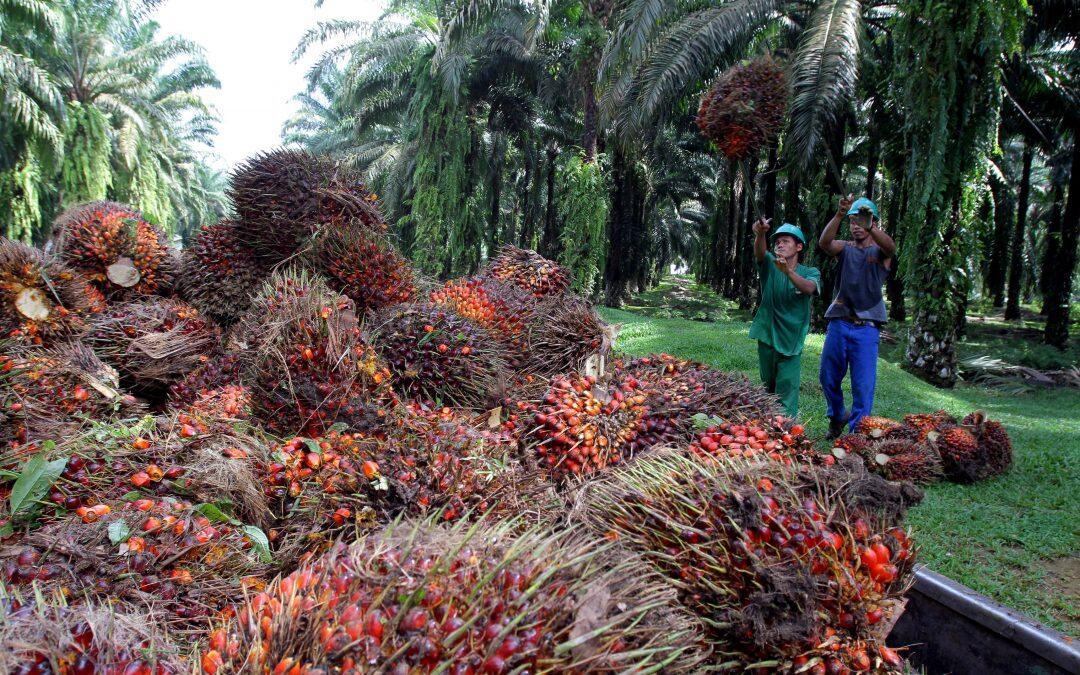Palm oil is an edible vegetable oil derived from the mesocarp of the fruit of the oil palms. It is used in the food industry, in the manufacture of margarine, non-dairy creamers and ice cream. It is mostly known as a cooking oil, and we usually hear about the good benefits of palm oil, but a new study has found that palm oil is causing high tropical deforestation.
A new study, published in the journal PLOS ONE, found high levels of oil palm-driven deforestation over a 25-year period in Southeast Asia and South America, but relatively low levels in Mesoamerica (Mexico, Central America and the Caribbean) and Africa. Three of the countries studied—Ecuador, Peru and Indonesia—had the greatest levels of observed deforestation within sampled sites, with more than half of the oil palm grown on land deforested during the study period.
The study by researchers at Duke University and the Union of Concerned Scientists (UCS), used satellite imagery to evaluate where oil palm plantations replaced forests from 1989 to 2013.
- In Southeast Asia, 45 percent of sampled oil palm plantations came from areas that were forests in 1989
- For South America, the percentage was 31 percent
- In Mesoamerica and Africa, the study observed only 2 percent and 7 percent of oil palm plantations coming from areas that were forest in 1989
The analysis also found that all the countries with the highest levels of past deforestation had more than 30 percent unprotected forest within areas suitable for oil palm production, suggesting high potential for additional deforestation in the future.
Sharon Smith, study co-author and tropical forest and climate initiative campaign manager at the Union of Concerned Scientists said: “Clearing tropical forests, so the land can be used for oil palm plantations, contributes to climate change,” adding “Cutting down forests can result in immediate increases in heat-trapping pollution, and oil palm plantations can sequester only a fraction of the carbon stored by natural forests. Increased deforestation will make it even harder to stabilize atmospheric levels of carbon dioxide and prevent even higher increases in average global temperatures.”
Smith also said that “The palm oil industry’s legacy of deforestation has resulted in consumer pressure for companies to use deforestation-free sources of palm oil.”
What is the benefit behind this research though?… According to Smith, this research helps scientists understand where to focus on using government regulation and voluntary market interventions to shape oil palm plantation expansion in ways that prevent deforestation and protect our climate and biodiversity-rich ecosystems.
Here is a video about sustainable palm oil production:
Like our Facebook page greenarea.info











